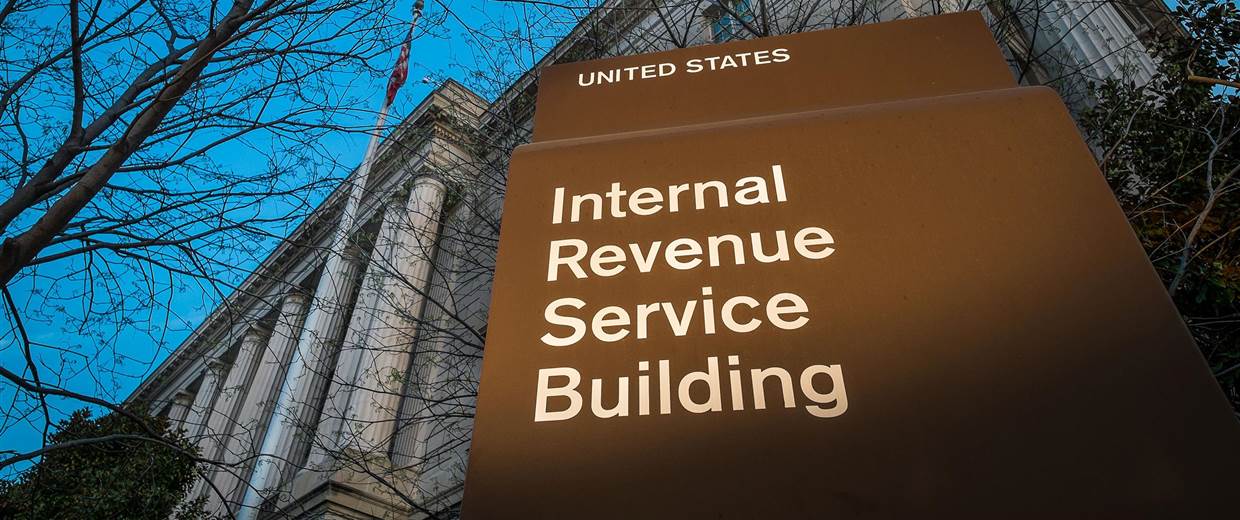Archived
Announcing Issue One’s Snapshots Project
Let’s face it: Not everyone can follow every money in politics, ethics or conflict of interest story, especially when there are daily — or hourly — developments. But we also…
Archived
AP Photo – J. David Ake
The Internal Revenue Service is unlikely to take steps to shine a light on dark money spending in the run-up to the 2016 elections, the New York Times reports today. The result: millions of dollars flooding into politics from shadowy nonprofits that are not required to disclose their donors; said one expert, “it’s going to be pretty much open season.” These “social welfare” groups, organized under the 501(c)4 section of the tax code, have proliferated over the past several election cycles, spending over $300 million in the last presidential race.
Ostensibly, these groups’ goals should be “to further the common good and general welfare of the people of the community,” not politics. But because the regulations on these groups are vague, the IRS rarely enforces them.
According to the report, at least eight Republican candidates for president have associated 501(c)4’s, including Jeb Bush and Senator Marco Rubio, both Republicans. Democratic candidate Hillary Clinton’s supporters are also considering joining the cadre. Many of these candidates also have affiliated Super PACs, further blurring the lines between campaigns and unaccountable outside groups.
Like the Federal Election Commission in recent years, the IRS has been hobbled in its attempts to regulate big money in politics. The agency proposed new rules regarding political activity of nonprofits in 2013, but quickly withdrew them after pushback from liberal and conservative groups who claimed the definition of “political activity” was too broad and would chill speech. Now, after months of redrafting, the IRS says it will not release new rules before voters cast their next ballot for president.
As we’ve covered before, disclosure is an extremely important part of a campaign finance regulatory system: Being able to follow the money in our elections allows the public to hold those who give it and spend it responsible. Money matters – and society should be able to see where it goes. The IRS should work to pass new rules to ensure this basic knowledge is available to anyone who participates in our democracy.
Issue: Dark Money & Super PACs
Archived
Let’s face it: Not everyone can follow every money in politics, ethics or conflict of interest story, especially when there are daily — or hourly — developments. But we also…
Archived
We’re excited to announce that we’ve just updated our groundbreaking Blueprints for Democracy report with the latest money-in-politics and lobbying reforms from across the U.S. During the 2016 elections voters…
Archived
Turns out that even if you’re no longer in office, you have to follow the rules and pay your bills. Which is a problem for former congressman and failed 2013…

